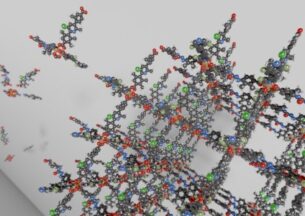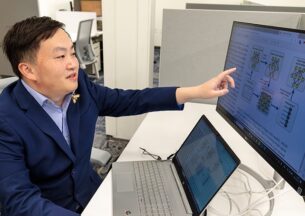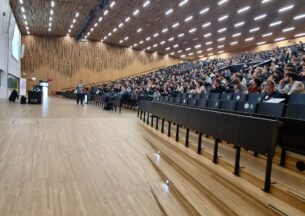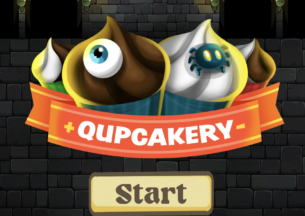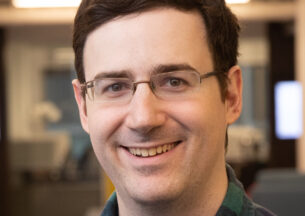University of Chicago’s Fred Chong Awarded $2 Million for Innovative Quantum Computing Cancer Research Project
The Department of Computer Science at the University of Chicago is proud to announce that Seymour Goodman Professor Fred Chong and his team have been awarded $2 million by Wellcome Leap to implement Phase 3 of their project, “Quantum Biomarker Algorithms for Multimodal Cancer Data.” This award is part of Wellcome Leap’s Quantum for Bio program, which aims to speed up the use of quantum computing in healthcare and create solutions that address important health challenges.
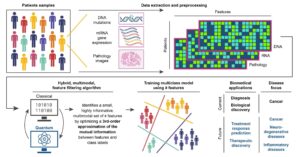 The main goal of Chong’s project is to use quantum computing to solve a major challenge in cancer research: finding better ways to identify biomarkers—biological indicators that can help diagnose and treat cancer—in complex cancer data. During Phase 1, the team developed a combined quantum-classical algorithm to pinpoint accurate biomarkers in various types of biological data, such as DNA and mRNA. This new method allowed the team to find complex patterns and connections in the data.
The main goal of Chong’s project is to use quantum computing to solve a major challenge in cancer research: finding better ways to identify biomarkers—biological indicators that can help diagnose and treat cancer—in complex cancer data. During Phase 1, the team developed a combined quantum-classical algorithm to pinpoint accurate biomarkers in various types of biological data, such as DNA and mRNA. This new method allowed the team to find complex patterns and connections in the data.
“Quantum computing has a lot of potential when we are trying to be precise as possible in drawing conclusions from a small amount of high-value data,“ explained Chong.
In Phase 2, the team made important improvements to make the algorithm more effective and reduce the resources needed from quantum computing hardware. They created a new way to measure the importance of selected features, making them more predictive of cancers. The team tested the improved algorithm on real cancer data, validating their approach. In the future, they hope to discover less understood biological drivers, leading to new insights and better treatments.
One major achievement in Phase 2 was reducing the number of times the quantum computer needed to be used by learning from smaller problems. This allowed the team to simulate up to 32 qubits using classical computers, paving the way for future experiments with 50+ qubits on actual quantum hardware. The unique feature sets identified through this approach are more practical for clinical use than those found by other methods, which often struggle with limited patient data. Additionally, these focused biomarker signatures provide valuable information about biological mechanisms, guiding future research and treatments.
Phase 3 of the project will involve a $2 million investment over one year, during which the team will aim to demonstrate practical quantum advantage on real quantum hardware for their cancer biomarker identification problem. This ambitious goal centers on showing the real-world benefits of quantum computing over traditional methods in healthcare applications.
“We are extremely excited to advance to Phase 3 of the program,” said Chong. “We will work intensively to realize the potential of our approach and take advantage of the rapidly growing size and capabilities of near-term quantum hardware.“
The team, led by Principal Investigator Fred Chong, includes co-Principal Investigators Samantha Riesenfeld, Alexander Pearson (University of Chicago), Aram Harrow (Massachusetts Institute of Technology), and Teague Tomesh (Infleqtion). Together, they have demonstrated the potential of quantum computing to revolutionize cancer research and bring about meaningful improvements in patient care.








